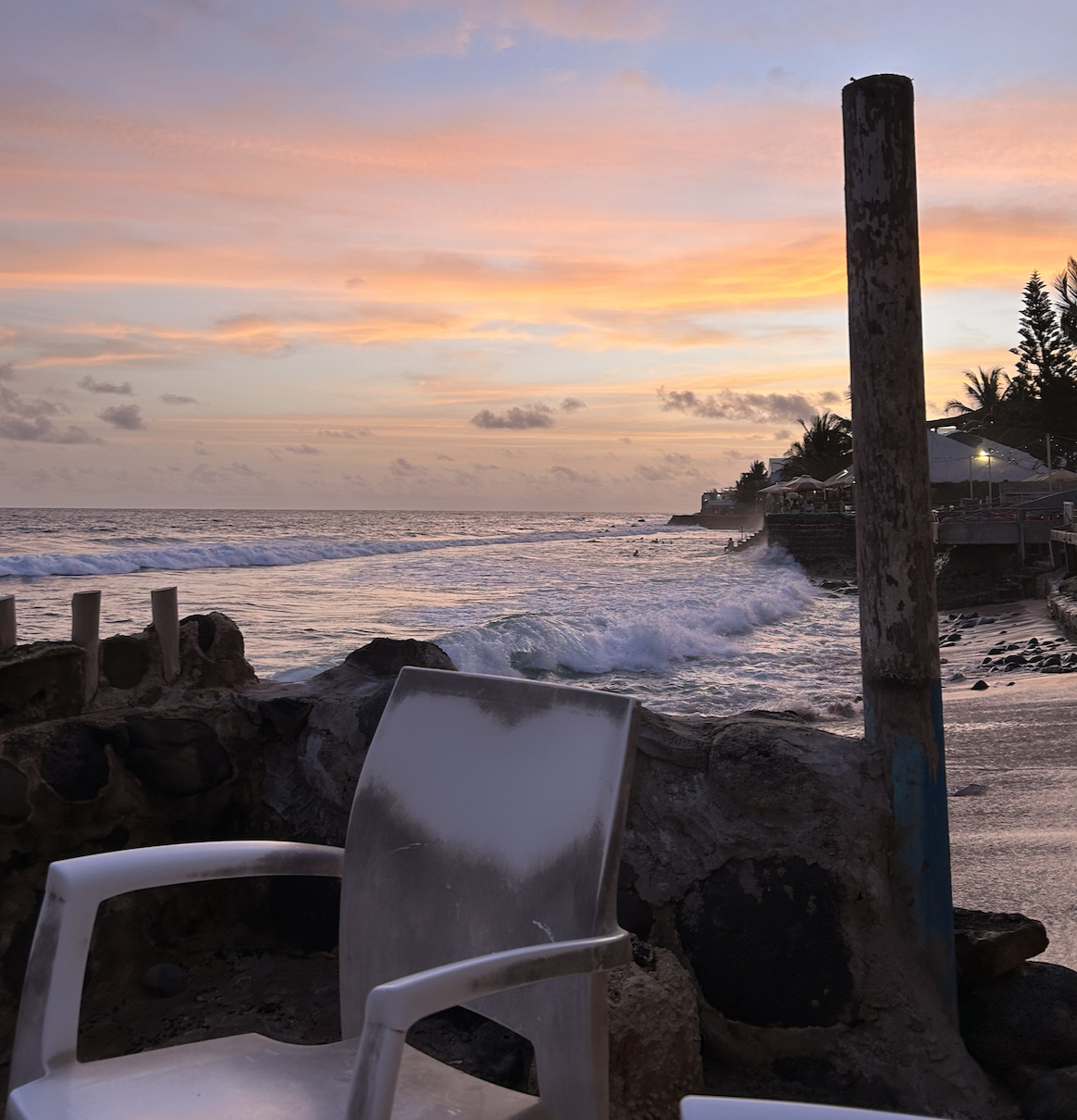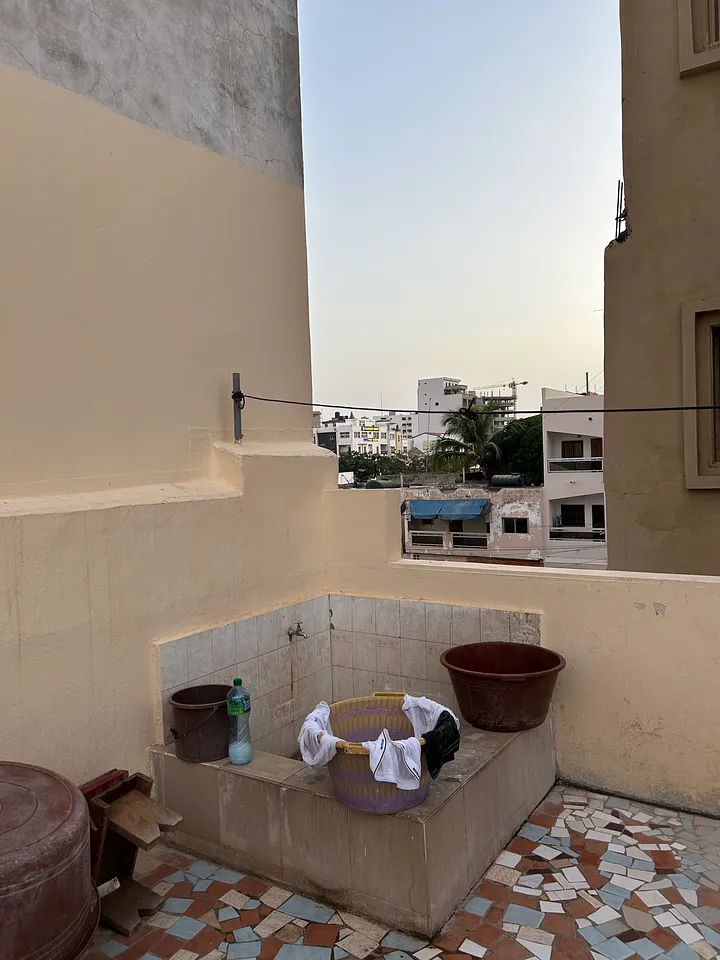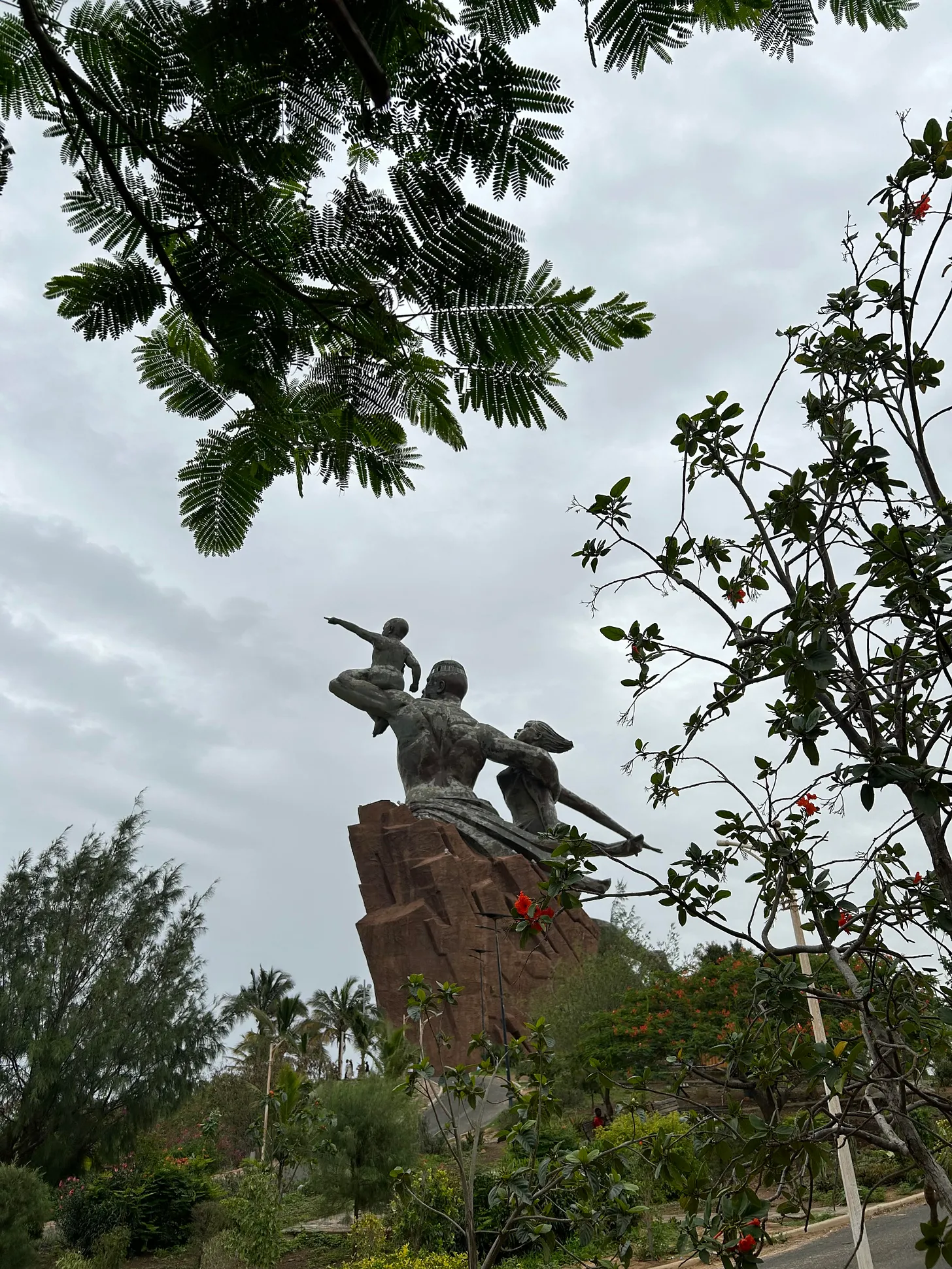
For Whom the Bell Tolls
I arrived at my host family’s house on a Sunday afternoon in late August. I can’t say for certain what exactly I expected, but even so I was surprised by what I encountered. After standard greetings and introductions, they showed me to my room, and let me know lunch would be ready in a few hours. Then, everyone dispersed and the house went quiet. Perhaps a mid-afternoon siesta, I thought. After depositing my bags in my room, I wandered around the open-air courtyard and balcony. Eventually, I found my host brother and joined him to watch Premier League soccer. The game came and went, and it felt as though time had stood still. No one to be found. Even Abdoulaye, whose tireless spirit I have come to know well, was down for a nap. Eventually, we gathered for lunch. Immediately after, everyone parted ways once again. At school the next morning, I explained my situation in great distress. Did my host family hate me? How could they already hate me? My worry quickly faded into confusion as everyone else said that they had experienced the exact same thing. Did all of our host families hate us? But as the weeks passed, it became clear that Sunday in Senegal is a day of rest in the fullest sense of the word. In French, you don’t just sleep in, but “faire la grasse matinée,” which translates to “do the fat morning.” I quickly learned that alarms were not set, blinds were left closed, and wake-up time regularly stretched into the early afternoon. Coming from the United States, where Saturday mornings are for leisure but Sunday mornings are reserved for church, I adapted my weekend accordingly. The thought of church did cross my mind at first, and we have attended Dakar’s central Catholic parish on occasion. To tell the truth, it was a sweaty, confusing experience as our lack of knowledge (not bringing a fan) and linguistic difficulties left us struggling to keep up. We were not exactly eager to head back to mass, and used the newfound Sunday morning culture as a crutch. One Saturday a couple weeks ago, however, my host grandmother let me know that I would be headed to the église the next morning. We have talked at length in the past about religion, and she knows I normally go to church back at home. So, she had taken the liberty of arranging a family friend to bring me to Saint Pierre des Baobabs, or Saint Peter of the Baobabs, the closest Catholic parish. I texted our study abroad WhatsApp group to find any willing partners, and sure enough a few of my classmates agreed to join. Part of me doubted that anyone would actually come pick me up for church — Sunday culture, you know. I hadn’t met any early risers. Sure enough, a knock at the door around 9 a.m. Sunday and I was off on a journey through Dakar’s sandy streets to the church. As we walked, I got to know Jan, Abdoulaye’s former nanny whom he absolutely adores. She told me that when he was a baby, he couldn’t go thirty seconds without seeing her before bursting into tears. Years later, the second she walks in the door he is attached to her at the hip. Now, she takes care of Chinese embassy personnel’s kids. She doesn’t like it as much, but enjoys Chinese food. After jumping on the car rapide, or a neighborhood hopper bus that costs about thirty cents per ticket, we arrived at the church and sat, naturally, in the front row. A light breeze wafted through the open-air parish, and women in brightly colored fabric dresses fanned themselves as kids fidgeted in their seats. Hymns reverberated from the choir and, for the first time, I understood the priest as he read from the Gospels. The service ended after about an hour and a half, and we walked outside to meet a classmate who had joined us. We took our time and leisurely strolled back to Sacré Cœur to find my entire host family still in bed. Some things never change.



